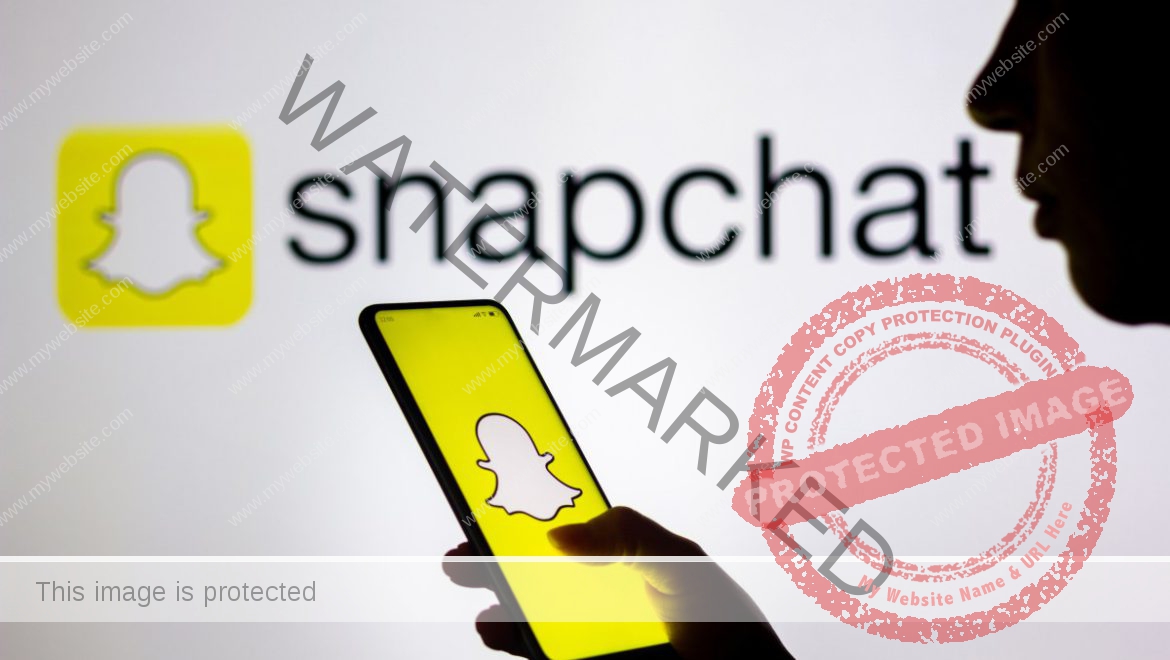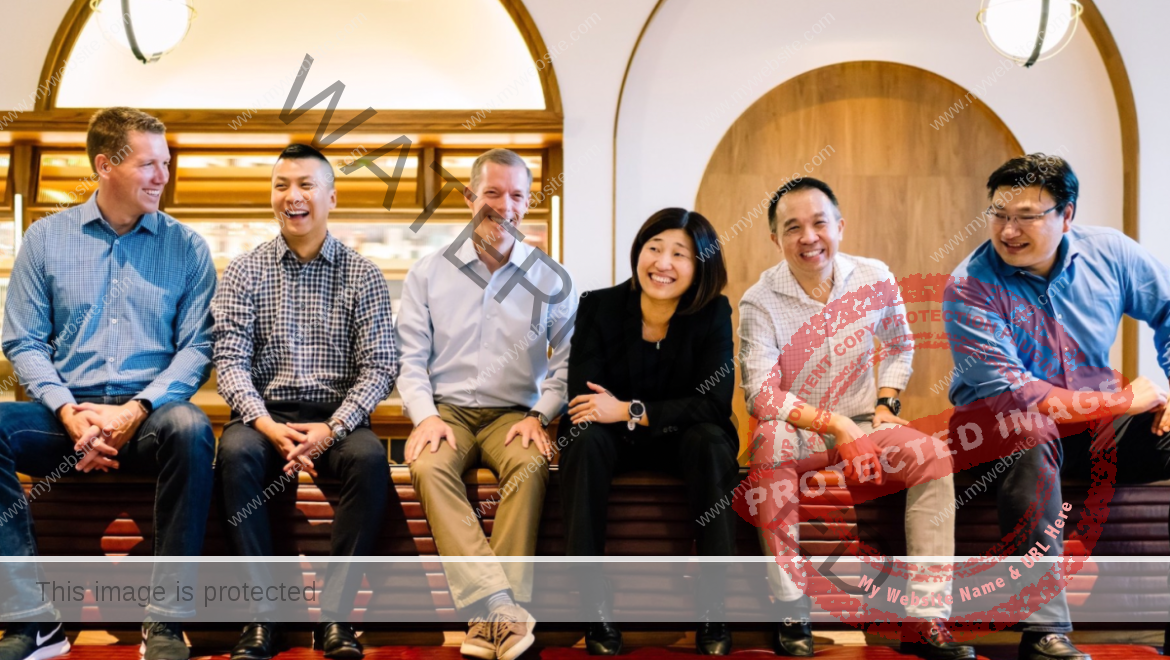Snapchat launches new AR and ML tools for brands and advertisers | TechCrunch
At the 2024 IAB NewFronts event on Wednesday, Snapchat announced a series of new augmented reality (AR) and machine learning (ML) tools designed to help brands and advertisers reach users on the social network with interactive experiences.
The company said that it’s been investing in ML and automation to make it faster and easier for brands to create AR try-on assets. Over the past few years, Snapchat has worked with companies like Amazon and Tiffany & Co. to let users virtually try on different products in the app. The social network says it has now reduced the time it takes to create these AR try-on assets, which will allow brands to quickly turn more of their 2D product catalogs into try-on experiences.
Image Credits: Snapchat
Plus, brands can now create branded AR ads with generative AI technology to produce custom Lenses. Snapchat told TechCrunch that with this new capability, brands can provide a simple text or image prompt to generate a unique ML model that can add realistic face effects to a Lens. Lenses with these ML face effects can then be used as AR ads on Snapchat.
Snapchat also announced AR Extensions, which will allow advertisers to integrate AR Lenses and filters directly into all of the app’s ad formats, including Dynamic Product Ads, Snap Ads, Collection Ads, Commercials, and Spotlight Ads.
The company, which has been an early adopter of AR technology, says more than 300 million people engage with AR experiences on its app every day, on average.
The launch of the new tools for brands and advertisers comes a few days after Snap reported that its revenue for Q1 2024 increased 21% to $1.195 million, mainly due to improvements that it made to its advertising platform. The company also shared that the number of small and medium-sized advertisers on Snapchat increased 85% year-over-year.
Snapchat said on Wednesday that it’s focused on investing in its ad business and that it’s “encouraged” by the increased demand it’s seeing.
Image Credits: Snapchat
The company also announced that it’s launching a sports channel within Snapchat called the “Snap Sports Network.” The channel will cover unconventional sports, like dog surfing, extreme ironing, water bottle flipping, and more. It will include user-generated content, along with scripted content hosted by Snap Stars.
In addition, Snapchat is expanding its partnership with Live Nation with the launch of a new Snap Nation Public Profile that will feature exclusive behind-the-scenes content from concerts. Snapchat will also curate stories from Live Nation concerts and festivals featuring public posts from users.










